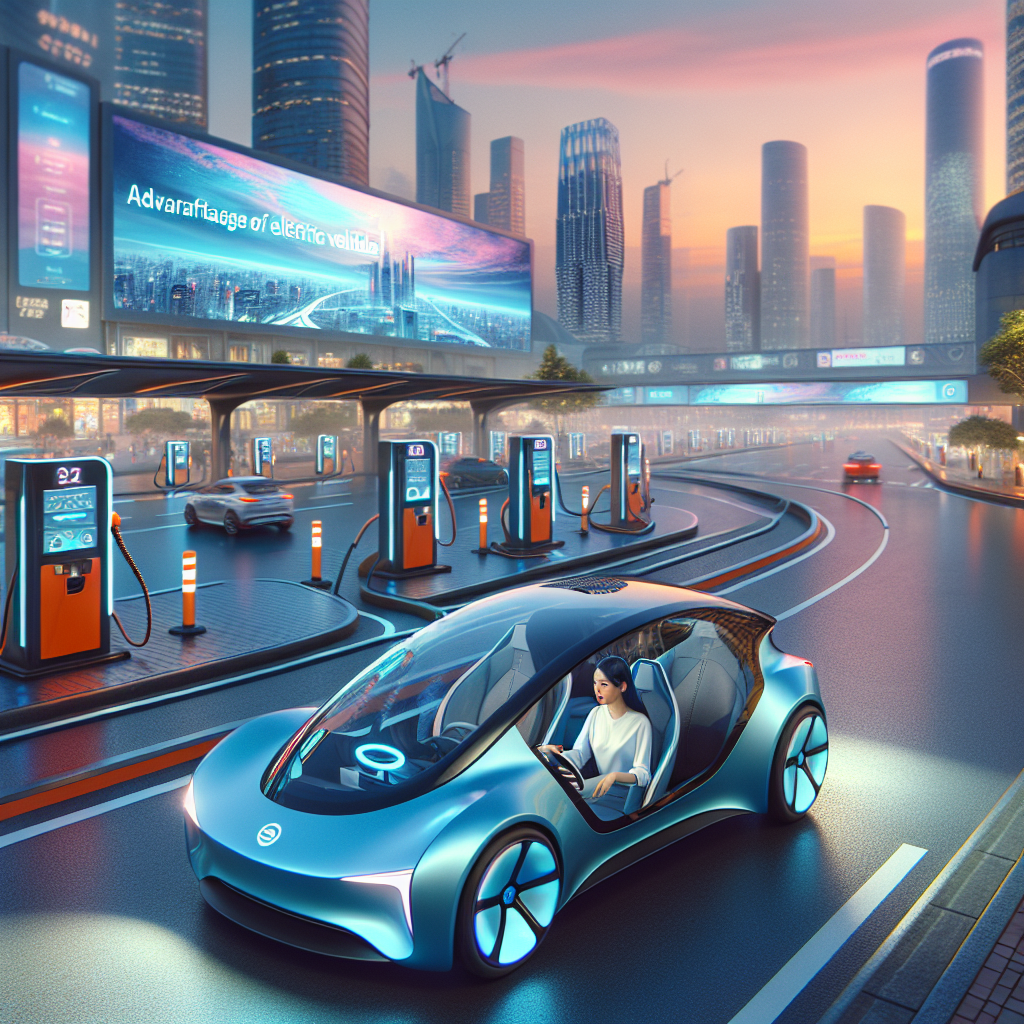Nepal's Electric Vehicle Revolution: Clean Energy on the Rise
Nepal leverages its abundant hydroelectric power to fuel a burgeoning electric vehicle (EV) market, reducing oil imports and curbing air pollution. With nearly all homes connected to the grid, and lesser import duties on EVs, the country witnesses a rapid growth in EV sales and charging infrastructure.

- Country:
- Nepal
Nepal is harnessing its ample hydroelectric power to drive a surge in electric vehicle (EV) use, significantly cutting oil imports and alleviating air pollution. Nearly all of Nepal's electricity is generated from clean, river-fed hydro-energy.
As a result, the nation is swiftly expanding its charging network, and EV imports have doubled in each of the past two years. The Nepal Electricity Authority reports that EV usage has saved the country $22 million annually in oil imports, with these savings continually increasing.
The accessibility to electricity in Nepal has surged over the last three decades, with nearly 94% of the population now connected to the expanding grid. This sets the stage for widespread EV adoption, positioning Nepal ahead of its neighbors in this green transition. Official data highlights a dominance of Chinese automaker BYD's Atto 3 and Indian maker Tata's Nexon in the passenger EV market.
(This story has not been edited by Devdiscourse staff and is auto-generated from a syndicated feed.)










